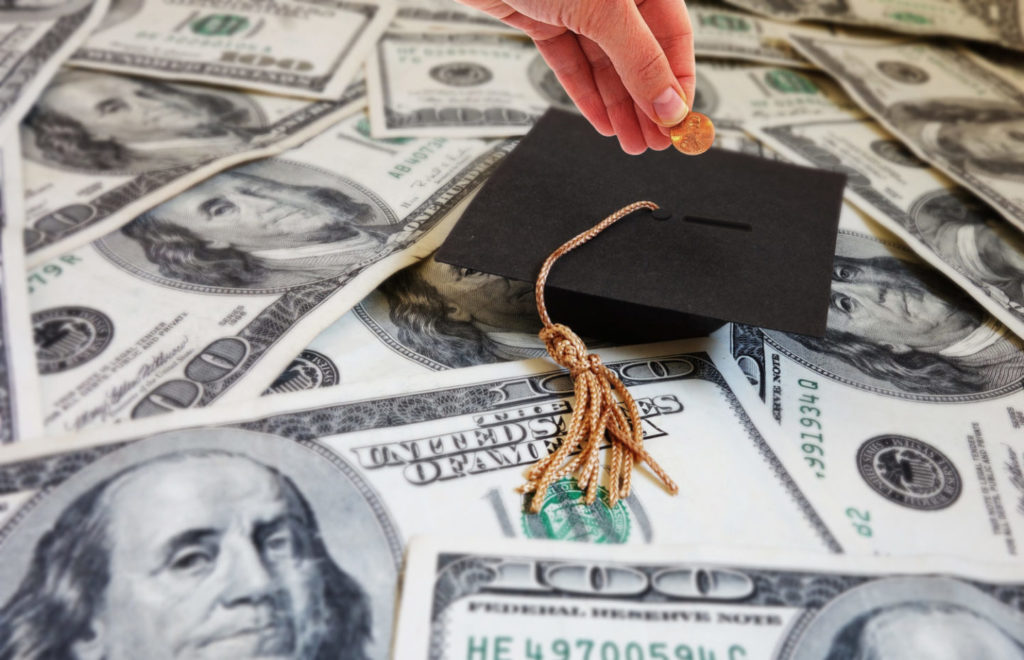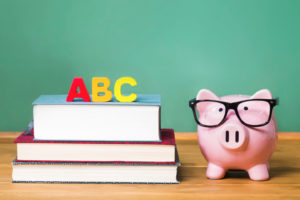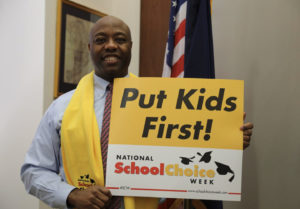New reports says school choice lowers education tuition inflation
Tuition inflation over the last decade was lower on average in states with school choice, a report by the Heritage Foundation says.
“Data analysis from the past decade reveals that tuition…

Tuition inflation over the last decade was lower on average in states with school choice, a report by the Heritage Foundation says.
“Data analysis from the past decade reveals that tuition inflation was lower in states that adopted school choice policies (about 15 percent, on average) than in states without school choice (about 28 percent, on average),” said a summary of the report.
The report comes as parents struggle against spiraling inflation pressures in education costs and concerns that public schools aren’t providing the best value for the money spent.
The findings also blunt critics who have contended that tuition voucher systems would fuel inflation pressures in the costs of schooling.
“Contrary to the claims made by critics, states that have adopted school choice had lower rates of private elementary school tuition increases and no discernable change in private high school tuition rates,” wrote Jason Bedrick, Jay Greene and Lindsey Burke, for the Heritage Center for Education Policy.
The results are especially impressive as the largest private school operator, the Roman Catholic Church, has had to cut subsidies to parochial schools substantially over the last decade.
“They were able to keep their tuitions low and relatively affordable by middle and lower income families,” said Private School Review about parochial schools. “That financial support, however, has declined precipitously over the years as the Church’s financial resources have been depleted…”.
Heritage said that the new data effectively rebuts claims by people like Scott Maxwell, a columnist for the Orlando Sentinel, who opposes school choice.
“Fiscal watchdogs and voucher critics predicted this cash grab would occur — that schools would raise tuition, pricing out some of the very families that voucher advocates claimed they were trying to help,” wrote Maxwell in June, without citing the watchdogs or the critics, or the inflation data behind his claims.
The opposite has occurred, says Heritage, with lower elementary school tuition prices and no change in the cost of high school tuition.
From a supply and demand stance, the data makes sense.
Because of the mass adoption of private schools, pressure has been put on private schools to lower price, not increase it, especially where private school tuitions are substantially higher than public school per-pupil spending.
The tax dollars available for public school spending, and thus available for scholarship programs, instead of fueling inflation, act as a brake on tuition costs.
The data comes as more Americans are demanding school choice as an alternative to the failing public education system.
A poll conducted in June by Real Clear Opinion Research found 71% of respondents favored school choice, while just 13% opposed it.



